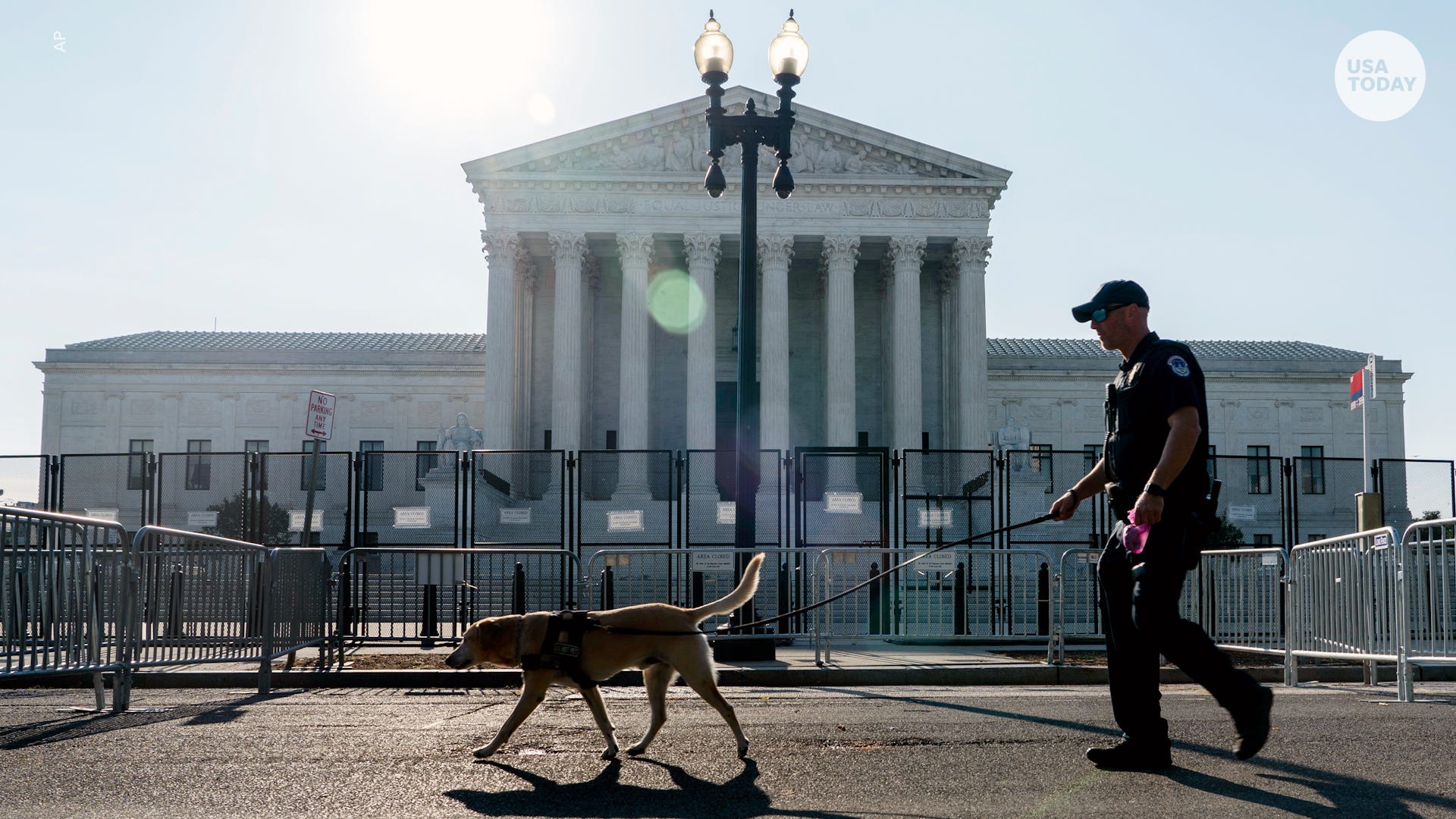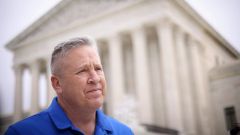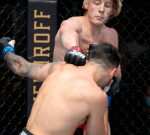The case centered on Joe Kennedy’s prayers on the 50-yard line after high school football games. The Supreme Court ruled he enjoyed the First Amendment right to practice his religion.

- The Supreme Court ruled 6-3 Monday in favor of a former high school football coach who prayed after games.
- The decision followed a recent ruling that schools offering religious instruction could receive state tuition aid.
WASHINGTON – The Supreme Court ruled Monday for a former high school football coach who prayed in the middle of the field after games, even though his school district was concerned students felt compelled to participate, in the court’s latest expression of support for religious freedom.
- What was the ruling?: The high court ruled the coach, Joe Kennedy, enjoyed the First Amendment right to practice his religion, with the majority saying the Constitution promotes tolerance rather than suppression of religious beliefs.
- What does the decision mean?: The ruling demonstrates the extent to which the high court is now prioritizing the free exercise of religion guaranteed by the First Amendment over concerns about separation of church and state. The decision also came a week after the high court ruled in a Maine case, Carson v. Makin, that schools offering religious instruction may be entitled to state tuition aid.
- How did the nation react?: Political reaction was mixed. Former Vice President Mike Pence said it lifted restrictions on the free exercise of religion. But some advocates voiced concerns the decision would erode religious liberty by appearing to favor one group over another.
Here is what we know about the decision and its implications:
What was the ruling?
Kennedy was placed on administrative leave in 2015 from his job as an assistant coach at Bremerton High School, a public school near Seattle, because of a dispute about how the prayers were handled at the 50-yard line. The district didn’t renew his contract the following year.
When he challenged the decision, the U.S. Court of Appeals for the 9th Circuit ruled last year that Kennedy was acting as a public employee when he offered the prayers and so his actions were not protected by the First Amendment.
In a majority opinion written by Associate Justice Neil Gorsuch, the high court reversed the appeals court and said Kennedy should be awarded an immediate victory in the case, called a summary judgment, on his First Amendment claims.
“The Constitution and the best of our traditions counsel mutual respect and tolerance, not censorship and suppression, for religious and nonreligious views alike,” Gorsuch wrote.
Why did three liberal justices dissent?
School officials said they offered Kennedy the option of praying elsewhere. But he countered that the accommodations were impractical because the spaces that officials offered were “insanely far away from my players.” Kennedy said he never asked and pressured anyone else to pray with him.
In her dissent, Associate Justice Sonia Sotomayor included pictures of the prayer groups on the football field.
“The Constitution does not authorize, let alone require, public schools to embrace this conduct,” Sotomayor wrote. “Official-led prayer strikes at the core of our constitutional protections for the religious liberty of students and their parents, as embodied in both the establishment clause and the free exercise clause of the First Amendment.”
How did the justices vote in Kennedy?
The court ruled 6-3 along ideological lines in favor of Kennedy.
The six justices in the majority were:
- Chief Justice John Roberts
- Associate Justice Clarence Thomas
- Associate Justice Samuel Alito
- Associate Justice Neil Gorsuch
- Associate Justice Brett Kavanaugh
- Associate Justice Amy Coney Barrett
Gorsuch wrote that the only meaningful justification for the school district’s action against Kennedy rested on a “mistaken view that it had a duty to ferret out and suppress religious observances even as it allows comparable secular speech.”
“The Constitution neither mandates nor tolerates that kind of discrimination,” Gorsuch wrote.
The three justices who dissented were:
- Associate Justice Stephen Breyer
- Associate Justice Sonia Sotomayor
- AssociateJustice Elena Kagan
“It elevates one individual’s interest in personal religious exercise, in the exact time and place of that individual’s choosing, over society’s interest in protecting the separation between church and state, eroding the protections for religious liberty for all,” Sotomayor wrote in her dissent.
What are the broader implications?
The First Amendment’s establishment clause traditionally bars the government from establishing an official religion or expressing preference for a religion. In a 1962 case, Engel v. Vitale, the court ruled that public schools could not offer prayers, even if participation by students is voluntary.
But the rulings in the Kennedy case and the Maine tuition case demonstrate the extent to which the high court is now prioritizing the free exercise of religion guaranteed by the First Amendment over the establishment clause that is meant to facilitate separation of church and state.
“Both the Free Exercise and Free Speech Clauses of the First Amendment protect expressions like Mr. Kennedy’s,” Gorsuch wrote. “Nor does a proper understanding of the Amendment’s Establishment Clause require the government to single out private religious speech for special disfavor.”
What was the ‘Lemon test’?
For decades, the court de





